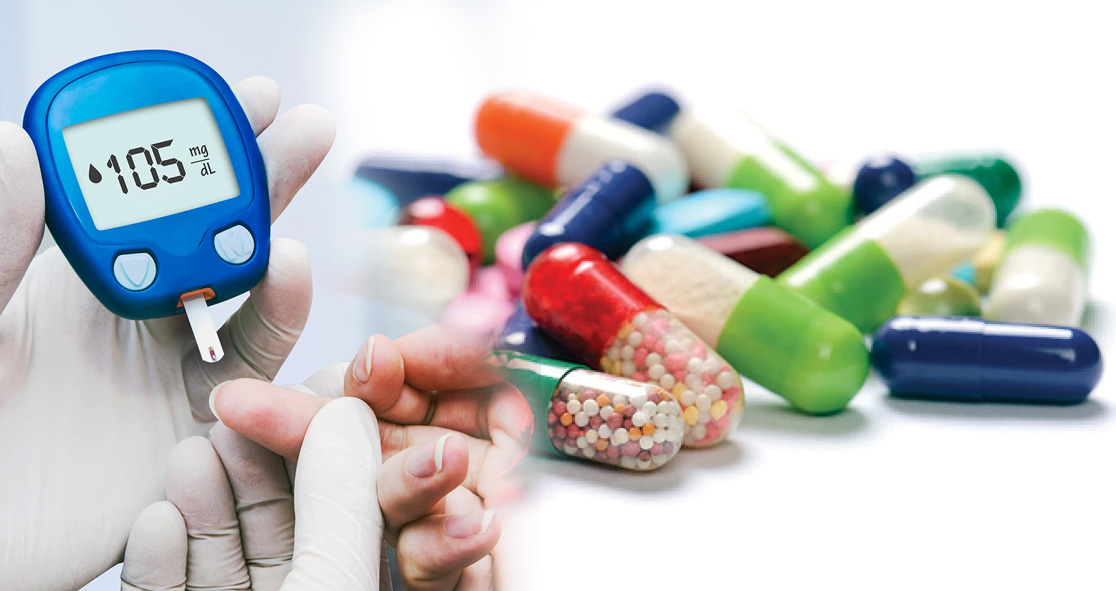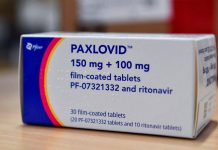It is imperative to keep your blood glucose levels under control if you are a diabetic. Poorly controlled or uncontrolled diabetes can lead to complications associated with the heart, nerves, brain, eyes, and kidneys.
Managing diabetes depends on a multitude of factors, including patient access, regular monitoring of blood glucose, and adherence to a prescribed drug regimen, according to the American Diabetes Association (ADA).
The overall cost of diabetes care plays a key role in how patients adhere to the treatment. In the United States, high diabetes drug prices have already affected patients’ access to care, with most people relying on the generics bought from other nations, including Canada.
The ADA says the best approach to “improving access and reducing costs is the utilization of generic drugs,” which are a medically safe and effective alternative to their brand-name counterparts.
The association often encourages the development and commercialization of generic drugs for diabetes. In fact, the ADA believes that the Food and Drug Administration (FDA) must continue to have regulatory oversight of generic drugs. It says, “We emphasize that generic drugs must continue to meet high-quality standards.”
However, the decision of using generic drugs to initiate treatment or replace them with brand-name drugs should be made by the healthcare providers and the patient.
Dr. Kenneth Krutt of Tufts University School of Medicine in Boston, Massachusetts, says, “The pharmaceutical industry is a big advertising and promotional machine that pushes the latest, greatest drugs—and, in some cases, tries to put out negative marketing about older drugs that are less expensive, including older drugs that are available as generics,” according to Diabetes Self-Management.
Diabetics can use generic drugs that often save money. Dr. Krutt says, “HMOs [Health Maintenance Organizations] tend to have incentives for doctors to write more generic prescriptions unless the brand-name version is warranted for health reasons.”
Some of the diabetes drugs available as generics include sulfonylureas such as acetohexamide and tolazamide, glipizide, glyburide, glimepiride, and metformin. These drugs are also available in generic versions with combinations, such as metformin and glyburide, metformin and glipizide, metformin and rosiglitazone, among others.
However, certain drugs are not available as generics. They include alpha-glucosidase inhibitors such as acarbose and miglitol, thiazolidinediones, rosiglitazone, pioglitazone, and sitagliptin.
Please note that insulin, which is needed for patients with type 1 diabetes, is not available in generic versions. The ADA says if you take a brand-name medication to control your diabetes and you are interested in saving some money on its generic version, talk with your PCP or endocrinologist about whether you can switch to generic diabetes drugs.























